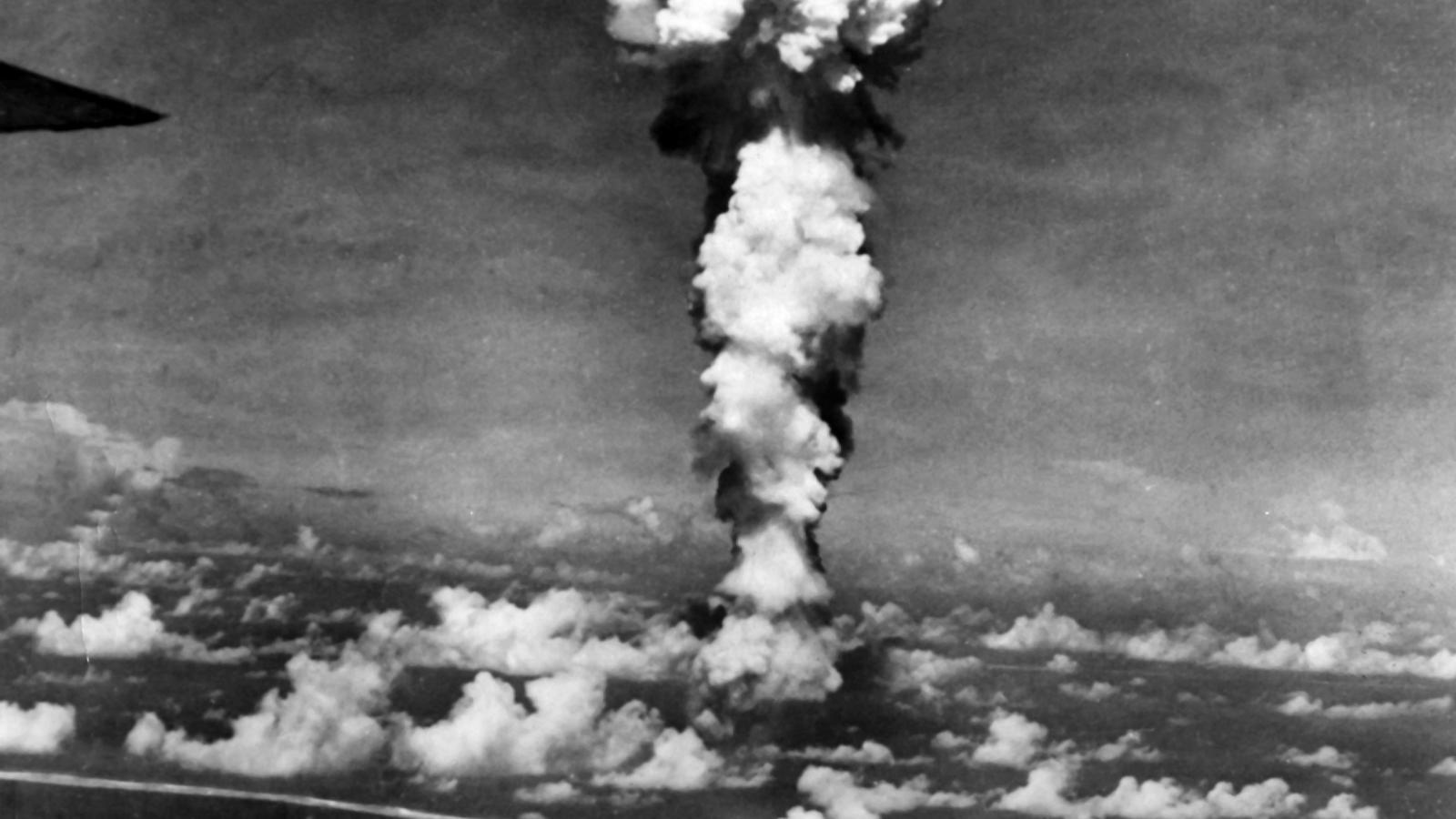80 years since Hiroshima (and still no consensus)


It's been 80 years since the first atomic bomb was dropped on Hiroshima, and it's a collective failure that there's still no historical or journalistic consensus on why the US government decided to use this devastating weapon. The orthodox version promoted by authorities at the time was that the nuclear punch on the table accelerated the end of the war and, therefore, saved many American and Japanese deaths. In subsequent decades, numerous historians have pointed out the cynicism of this assertion and have tended to attribute the motivation to the need to raise their profile against Russia, since Japan's surrender was taken for granted and it was sensed that the time was coming to divide the world into blocs. However, in recent years, a group of anti-revisionists has emerged who nurture the lesser evil theory. The thinly veiled objective is to justify the use of a bomb of mass destruction, and the proliferation of authors who consider this theory says a few things, but none of them good, about the times we live in.
The dropping of the atomic bomb is one of humanity's greatest failures of the last century, as is the inability to build a common, fact-based knowledge that is shared by all. When I was in Hiroshima, one of the most striking things to see was the self-flagellating narrative painted by the Peace Memorial Museum: the Japanese attributed their militaristic escalation to having entered an absurd war that decimated and ruined them. They almost blamed themselves for having received the nuclear bombs. It was a very partial and biased truth, but at least it was told out of harmony and a rejection of violence. But now we're on a different screen, and perhaps journalism should be more involved in dismantling the biased historical revisions of recent times.
